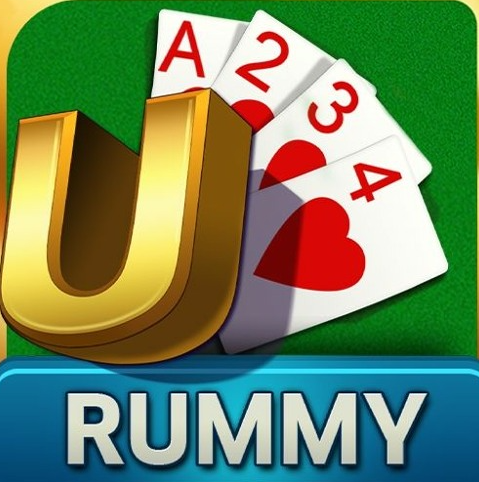casino game gambling

pokerstars michigan app download
# 10 Signs of Gambling Addiction
## Understanding Gambling Addiction
Gambling addiction, also known as compulsive gambling or gambling disorder, can affect anyone. It does not discriminate based on age, gender, or social status. While many people can gamble occasionally without significant issues, for some, gambling can spiral into an uncontrollable habit that disrupts their lives and the lives of those around them. Recognizing the signs of gambling addiction is crucial for early intervention and treatment.
## 1. Preoccupation with Gambling
One of the most prominent signs of gambling addiction is a continuous preoccupation with gambling. This might manifest as persistent thoughts about past gambling experiences, planning future bets, or obsessively seeking information related to gambling. If someone finds themselves unable to focus on anything other than the next gambling opportunity, it may indicate a deeper problem.
## 2. Increasing Amounts of Money Wagered
Individuals suffering from gambling addiction often find themselves needing to bet larger amounts of money to achieve the same level of excitement or satisfaction previously attained with smaller bets. This escalation can be a dangerous turning point, as the gambler may begin risking larger sums of money than they can afford, leading to significant financial loss.
## 3. Failed Attempts to Cut Back
Many individuals with gambling problems will attempt to reduce their gambling activity but find themselves unable to do so. They may set limits on how much they will gamble, only to find that they consistently exceed those limits. This inability to control their gambling behavior is a critical indication of addiction.
## 4. Chasing Losses
Chasing losses is a common behavior among those addicted to gambling. This refers to the tendency to keep playing in an attempt to recover lost money. Many gamblers believe that if they can just win back what they lost, their problems will be solved. Unfortunately, this often leads to even more significant losses and deeper financial trouble.
## 5. Lying About Gambling
As with many forms of addiction, secrecy often surrounds gambling behavior. Individuals may start lying to friends and family about how much time and money they are spending on gambling. This deceit can strain relationships and lead to feelings of guilt and shame, further exacerbating the addiction.
## 6. Neglecting Responsibilities
Gambling addiction often leads individuals to neglect important responsibilities. This might include failing to meet work obligations, ignoring family duties, or compromising personal well-being. When gambling becomes a priority over everything else, it can create chaos in various aspects of life.
## 7. Withdrawal Symptoms
Just like other forms of addiction, gambling can produce withdrawal symptoms when the individual is not gambling. Feelings of irritability, anxiety, or restlessness can arise when they attempt to cut back or stop gambling altogether. These symptoms can push the individual to resume gambling in an effort to alleviate discomfort.
## 8. Using Gambling as an Escape
Many people struggling with gambling addiction use it as a way to escape from reality. They may gamble to cope with stress, anxiety, depression, or other emotional issues. This reliance on gambling as a source of relief can perpetuate the cycle of addiction, as gambling problems often worsen the very issues one is trying to escape.
## 9. Financial Problems
Financial issues are a significant red flag when it comes to gambling addiction. Individuals may find themselves accumulating debt to fund their gambling habits, borrowing from friends or family, or even resorting to illegal means to obtain money. The financial consequences of gambling addiction can be devastating, potentially leading to bankruptcy or criminal charges.
## 10. Ignoring the Consequences
Lastly, an individual with a gambling addiction often exhibits a blatant disregard for the negative consequences of their behavior. They may recognize that their gambling is causing problems, such as strained relationships, job loss, or financial ruin, yet they continue to gamble. This denial can make it difficult for the person to seek help or recognize the severity of their situation.
## Seeking Help
Recognizing these signs in oneself or a loved one is the first step towards recovery. If you or someone you know exhibits several of these characteristics, it may be time to seek professional help. Treatment for gambling addiction often includes therapy, support groups, and the learning of coping strategies to deal with urges. The journey to recovery may be difficult, but with the right support and intervention, overcoming a gambling addiction is entirely possible. It's crucial to take action before the addiction leads to deeper personal and financial crises.
poker texas holdem online real money,reglas de poker,poker horse
2 to 7 triple draw,free 5 card draw poker



